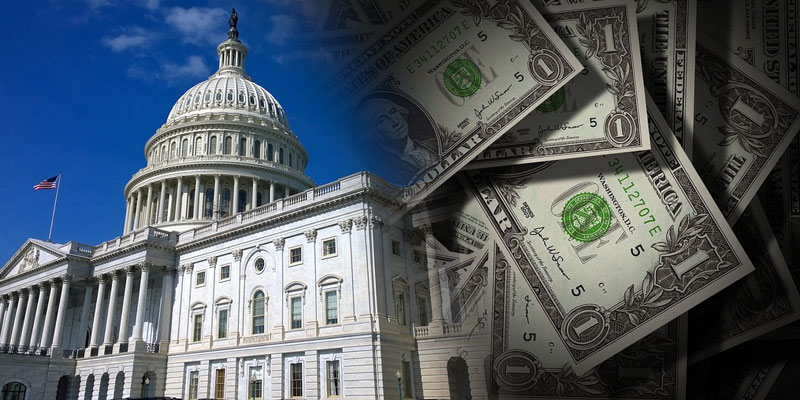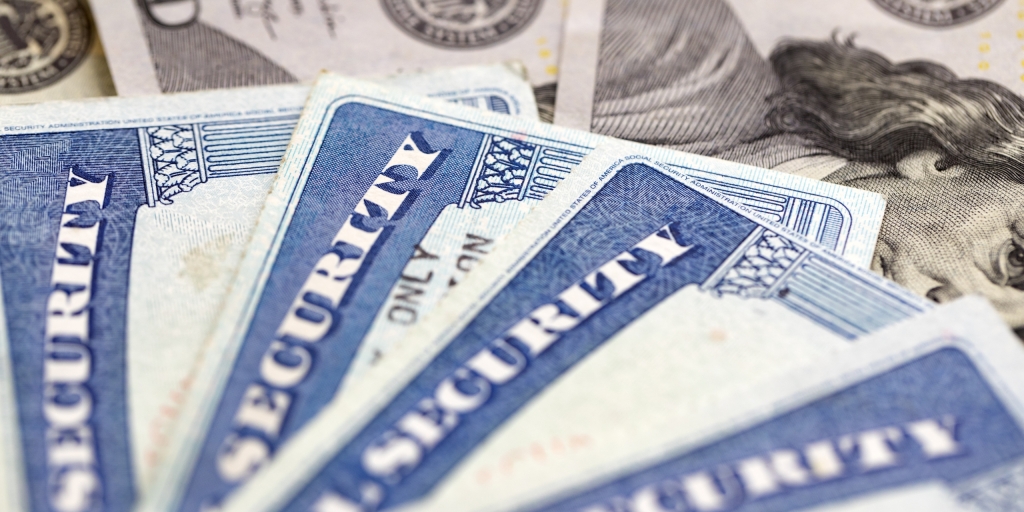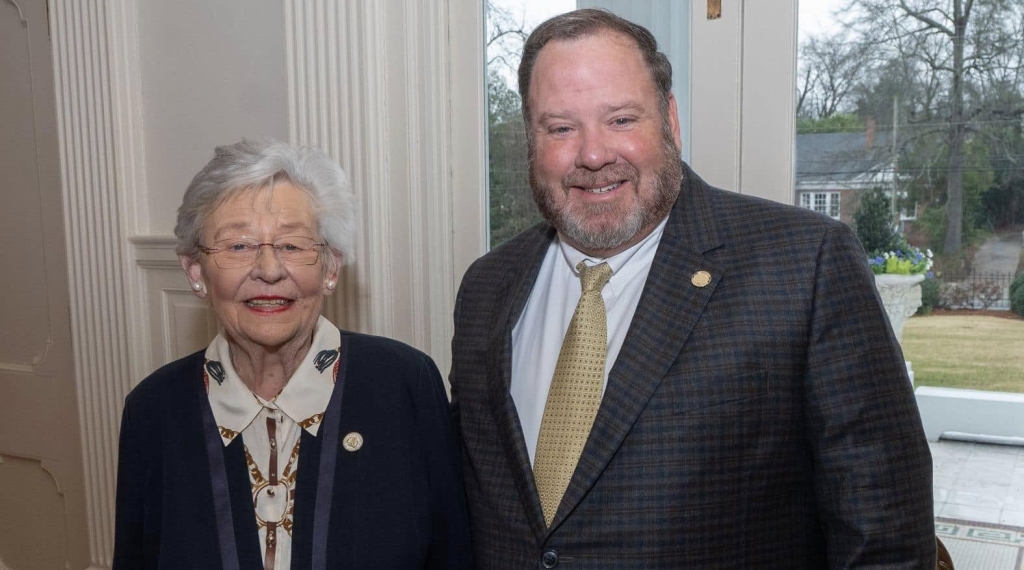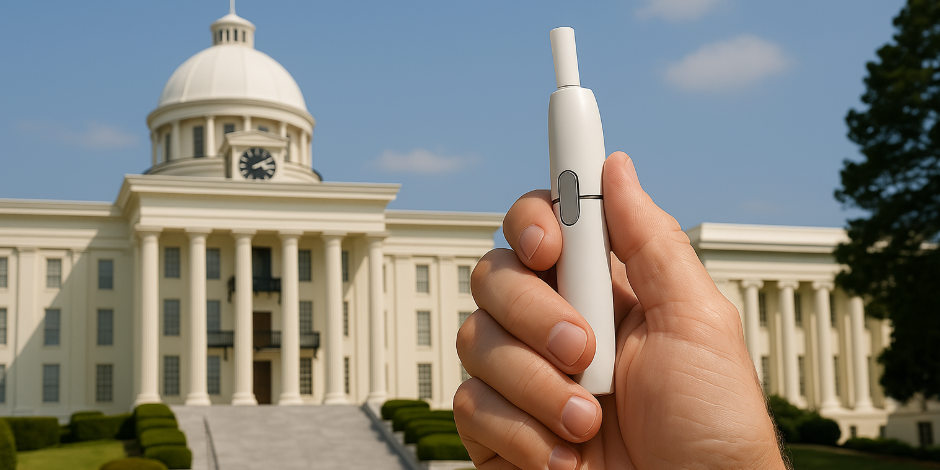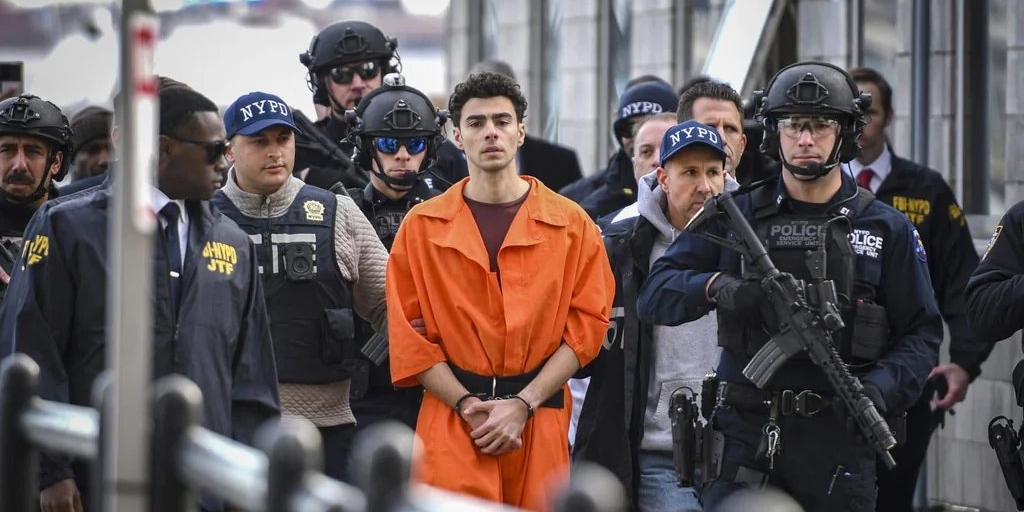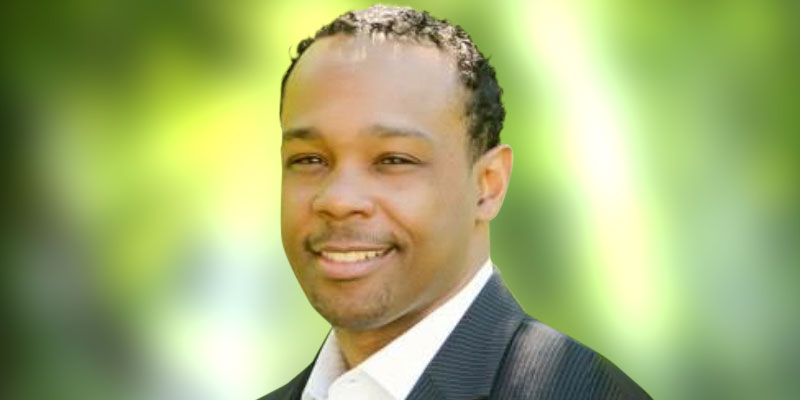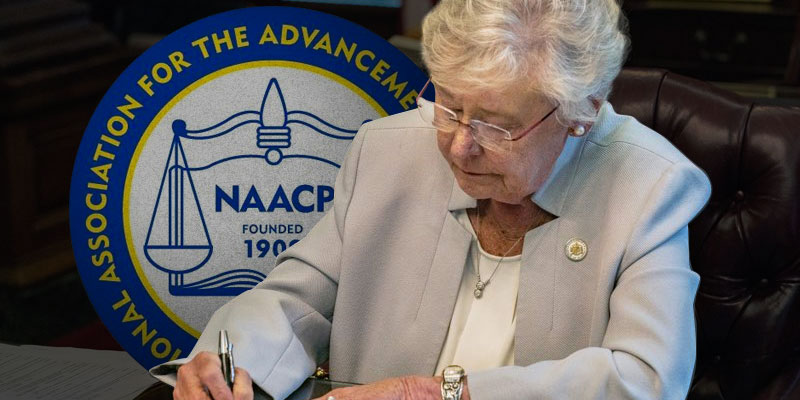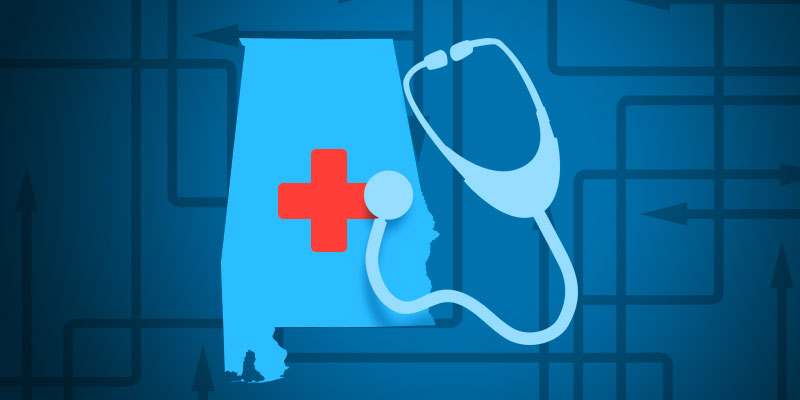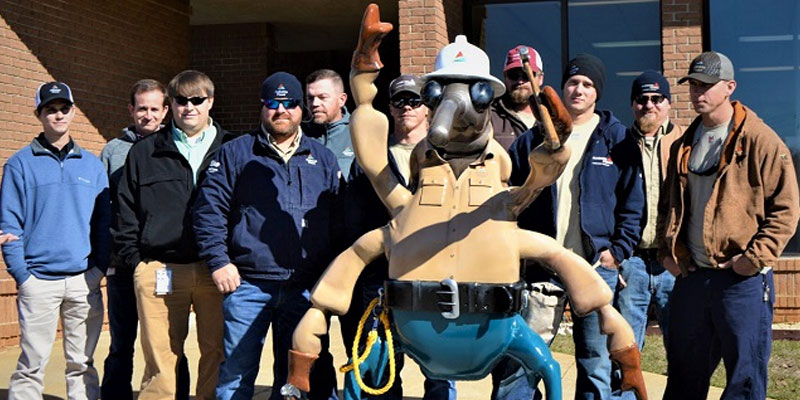Americans care about assisting the less fortunate, and over 100 government programs carry out this task. A closer examination, however, reveals that much of this funding goes to other purposes. This raises questions about how best to assist Americans needing help.
I will focus on two programs, Temporary Assistance for Needy Families (TANF) and Medicaid. Other programs experience similar diversions. For instance, subsidized college loans often help students from well-to-do families attend elite schools.
TANF provides cash assistance to America’s poor. It was created by the 1996 Personal Responsibility and Work Opportunity Reconciliation Act to replace Aid to Families with Dependent Children. TANF is what most people probably think of as government welfare.
In 2017, Alabama spent $202 million on TANF, or $220 for every poor Alabamian. Much of this was not cash assistance. For instance, Alabama spent $5 million on education, training and work programs that year. This makes sense, given the emphasis of the 1996 reforms on work requirements and training to end long-term dependence. Yet TANF also funds child care, pre-kindergarten, child welfare services, home visitation programs, and programs to encourage two-parent family formation and prevent out-of-wedlock births. Administration costs amount to 7 percent of TANF spending nationally, and distressingly almost 13 percent in Alabama. Cash assistance totaled just 23 percent of total TANF spending.
Medicaid covers disabled Americans as well as the poor, as established in the 1965 legislation. Care for the disabled is expensive, consuming over one-third of program spending. But Medicaid also covers nursing home care for the non-disabled elderly, which accounts for 21% of spending.
Why does this happen? As many observers note, poor Americans are not an influential interest group. They do not vote at a high rate and cannot afford the most powerful lobbyists in Washington or Montgomery. By contrast, senior citizens possess significant political clout. Diversion of Medicaid dollars to nursing home care should perhaps not surprise anyone.
The political problem seems intractable: more political influence for the poor would fix the problem but is also the source of the problem. Except I think we can push this further.
If the poor are so politically weak, why do so many programs assist the poor? Wouldn’t politically influential seniors find it easier to just get politicians to pay for nursing home care than redirecting Medicaid funds?
Americans’ desire to help their fellow citizens in need explains politicians’ appropriations for Medicaid and TANF. Political influence is necessary, however, to prevent diversion to other purposes. Government is like a game played on two levels. The visible, surface game involves legislation and appropriations by Congress or the states. The game beneath the surface involves regulations and rulings which determine how the money gets spent.
Americans’ desire to help ensures appropriations to programs like TANF and Medicaid. But because the poor lack the political resources to shape the detailed rules, funds do not get spent as intended. Helping the poor through government is challenging.
We might accept diversion of funds as a cost, like shipping costs. We may simply have to spend $2 to get $1 to TANF and Medicaid beneficiaries. But I think that private philanthropy offers a more effective alternative.
The charitable sector has costs. Bogus “charities” have basically siphoned off donations through ridiculous salaries paid to officers and staff. Today watchdog groups like Charity Navigator and GuideStar can readily identify fake charities. With a responsible charity, donated funds get used for the intended purpose.
America has a range of charities pursuing alternative ways of helping persons in need. We donate over $400 billion to charity annually, even with scores of government programs assisting the poor. Tax cuts tied to a walk-back of government assistance would, I believe, significantly increase charitable giving. Medicaid is so poorly funded that patients in many states struggle to find doctors willing to treat them. Philanthropy offers much more potential to assist Americans.
Daniel Sutter is the Charles G. Koch Professor of Economics with the Manuel H. Johnson Center for Political Economy at Troy University and host of Econversations on TrojanVision. The opinions expressed in this column are the author’s and do not necessarily reflect the views of Troy University.




